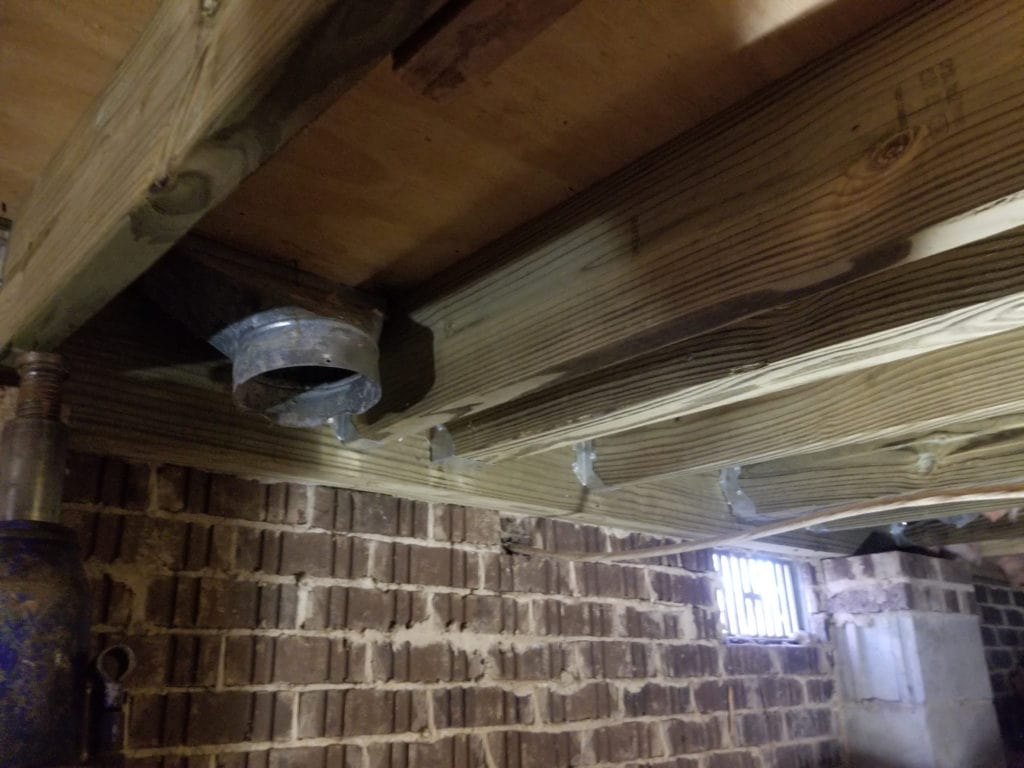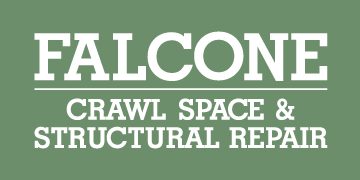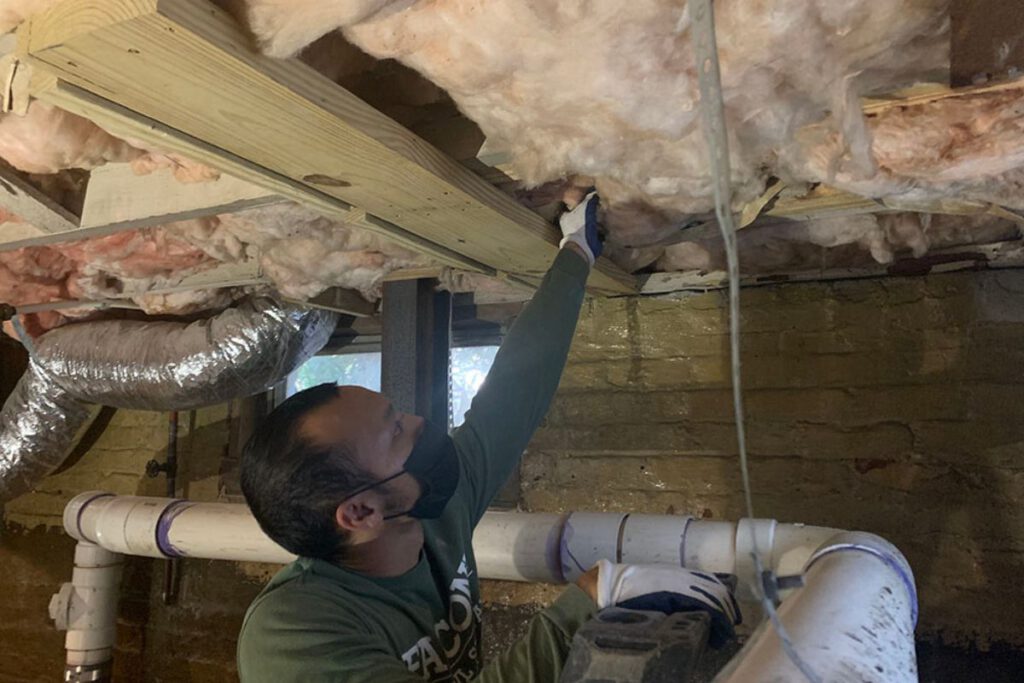Should I Install a Dehumidifier in my Crawl Space?

Deciding to install a dehumidifier can be one of the wisest choices you’ll make as a homeowner. A humid crawl space can aggravate breathing issues, make it harder to keep your home properly cooled, and create a more welcoming environment for destructive pests.
Although removing humidity from an area the size of your crawl space may seem like quite a task, it is easier than dealing with the consequences. Knowing the benefits of dehumidification and other measures to protect your crawl space will help you make a better decision.
What Are the Most Important Things to Know About Humidity and Problems It Causes?
Humidity refers to the amount of water content in the air, measured in a percentage. One of the things that humid air does is trap heat, which accounts for the higher temperatures when humidity is present.
Small amounts of humidity can be helpful for keeping conditions from becoming too dry and dusty. In a sealed environment like a crawl space, 30-65% is a good range, while levels over this amount can cause problems.
What Problems Can You Have If You Don’t Install a Dehumidifier?
You might not consider it a priority to install a dehumidifier with the amount of time you spend in your crawl space. However, that damp air won’t stay there and will eventually reach your living area.
There is always dirt underneath your crawl space that will be a cause of moisture. This moisture will make it into the air flowing from your crawl space and reaching the rest of your home.
Some of the problems that you might encounter throughout your home include:
- Fungus, mold, and mildew, which can cause subflooring and support beams to rot and decay
- Sagging floors, which can damage the home’s structural integrity
- Infestations of rodents, dust mites, and insects that include termites
- HVAC systems having to work much harder to keep everything cooled
How Does a Dehumidifier Help Out Your Home?
Dehumidifiers work by pulling moisture from the air, cooling, and condensing it. This water drains through a water line, or into a tank that must be emptied. Some of the irritants in the air that dehumidifiers reduce include:
- Allergens
- Bacteria
- Dust mites
- Fungi
- Viruses
Dehumidifiers for crawl spaces are different from consumer dehumidifiers intended for rooms elsewhere in the house. Dedicated humidifiers can easily deal with high amounts of humidity and constantly run, which household models cannot.
One of the advantages of crawl space dehumidifiers is that they can easily work with other anti-moisture measures like water vapor barriers. A professional who specializes in crawl space work can install one of these and also recommend other solutions.
What Are Some Other Helpful Measures?
Crawl space vapor barriers block moisture rising from your crawl space’s soil. Although they cannot address moisture in the air, they can be an effective means of cutting down on the moisture that gets into your crawl space.
A more thorough method is encapsulation, which involves a barrier covering the floor and the walls to seal out moisture. Vapor barriers and encapsulation are best left to professionals who perform this work regularly and know how to handle everything.
What to Do If You’re Ready to Act
Knowing how a dehumidifier can help improve things for your home makes it easier to see that this step is worth it. Your HVAC system may work longer, your energy costs will likely be lower, you could enjoy better health, and your home’s structural integrity is more likely to be protected.
Falcone Crawl Space can help you with anything relating to your crawl space. Contact us today if you want to install a dehumidifier or have any questions.


